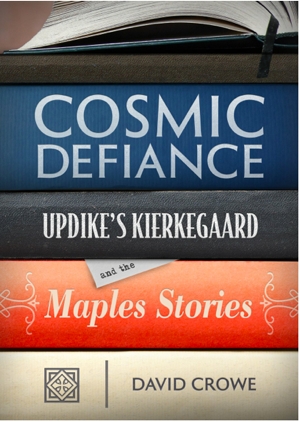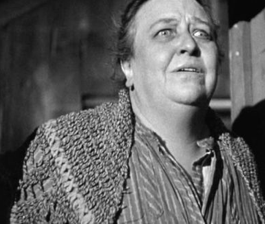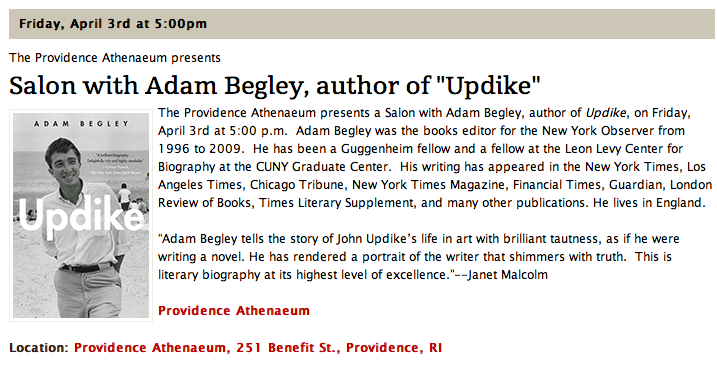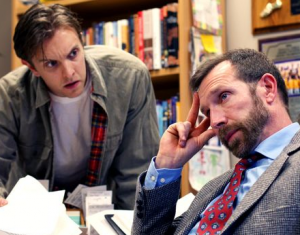 Brian Hoey, a self-described “book nerd,” yesterday uploaded a piece for www.BooksTellYouWhy.com titled “Sex, Trash, and Eminem: Five Interesting Facts About John Updike,” one of which—that he couldn’t write sex scenes—is debatable.
Brian Hoey, a self-described “book nerd,” yesterday uploaded a piece for www.BooksTellYouWhy.com titled “Sex, Trash, and Eminem: Five Interesting Facts About John Updike,” one of which—that he couldn’t write sex scenes—is debatable.
But one “fact” may be new to the larger community of Updike readers and scholars:
4) His influence extends beyond Literature and into Rap Music.
“Or, at least, Eminem has read the firRabbitIsRichst installment in Updike’s ‘Rabbit’ tetrology, Rabbit, Run (1960). The noted rapper was, apparently, so moved as to nickname the protagonist in his 2002 film 8 Mile ‘Rabbit,’ laying claim to a revitalization of the white-American-everyman archetype that Updike so forcefully established five decades ago. The film’s soundtrack, too, referenced Updike’s contribution to the canon with a track entitled ‘Rabbit Run,’ for those who might have missed the first reference.”








